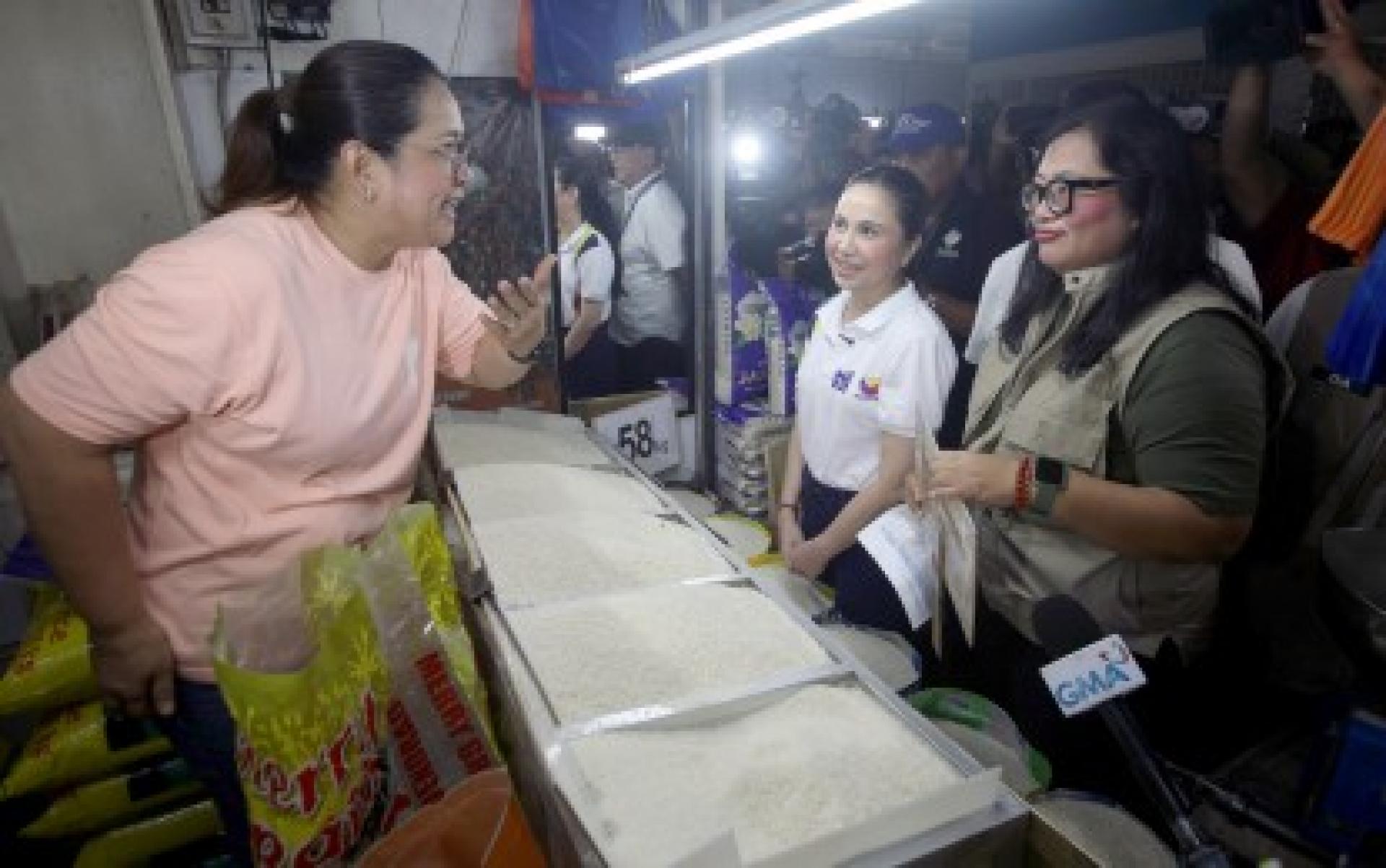(Manila, 11th) The Philippine Department of Agriculture on Monday emphasized that the upcoming 60-day rice import ban should not be used by retailers as a reason to raise rice prices, reiterating that rice supply remains sufficient nationwide.
During a joint inspection at Manila's Quinta Market with the Department of Trade and Industry recently, officials found that some retailers raised the price of imported broken rice (5% broken) from 43 pesos to 45 pesos per kilogram, claiming “tight supply” as justification.
Agriculture Secretary Laurel reminded businesses that they must comply with the maximum suggested retail price of 43 pesos per kilogram for imported rice, and stated that the sources of price increases would be investigated. He suggested that vendors could switch to selling local rice, while still following price regulations.
Assistant Secretary and spokesperson De Mesa of the Department of Agriculture pointed out that as of July 1, the national rice inventory reached 2.815 million tons, including stocks held commercially, by households, and the National Food Authority, ensuring adequate supply.
According to the Department’s “price monitoring” data, high-quality imported rice in Metro Manila is priced between 42 to 48 pesos per kilogram, while local premium rice is 46 to 57 pesos per kilogram. De Mesa criticized some businesses for raising prices even before the import ban is implemented, noting that import volumes have been high in recent months and new shipments are still expected to arrive in August.
The Philippines’ palay (unhusked rice) harvest reached an all-time high in the first half of this year, producing over 9.077 million tons, up from the previous record of 9.026 million tons in the same period last year. De Mesa said that the recent rise in rice prices was more due to market speculation than actual shortage.
He said: “Ironically, the import ban is being implemented this time precisely because there is ample rice in the market, yet some are still claiming the supply is insufficient.”
